What really happens to all the UK’s stolen cars and phones
‘Intricate web of crime’ involves stolen vehicles and mobiles ending up all over the world
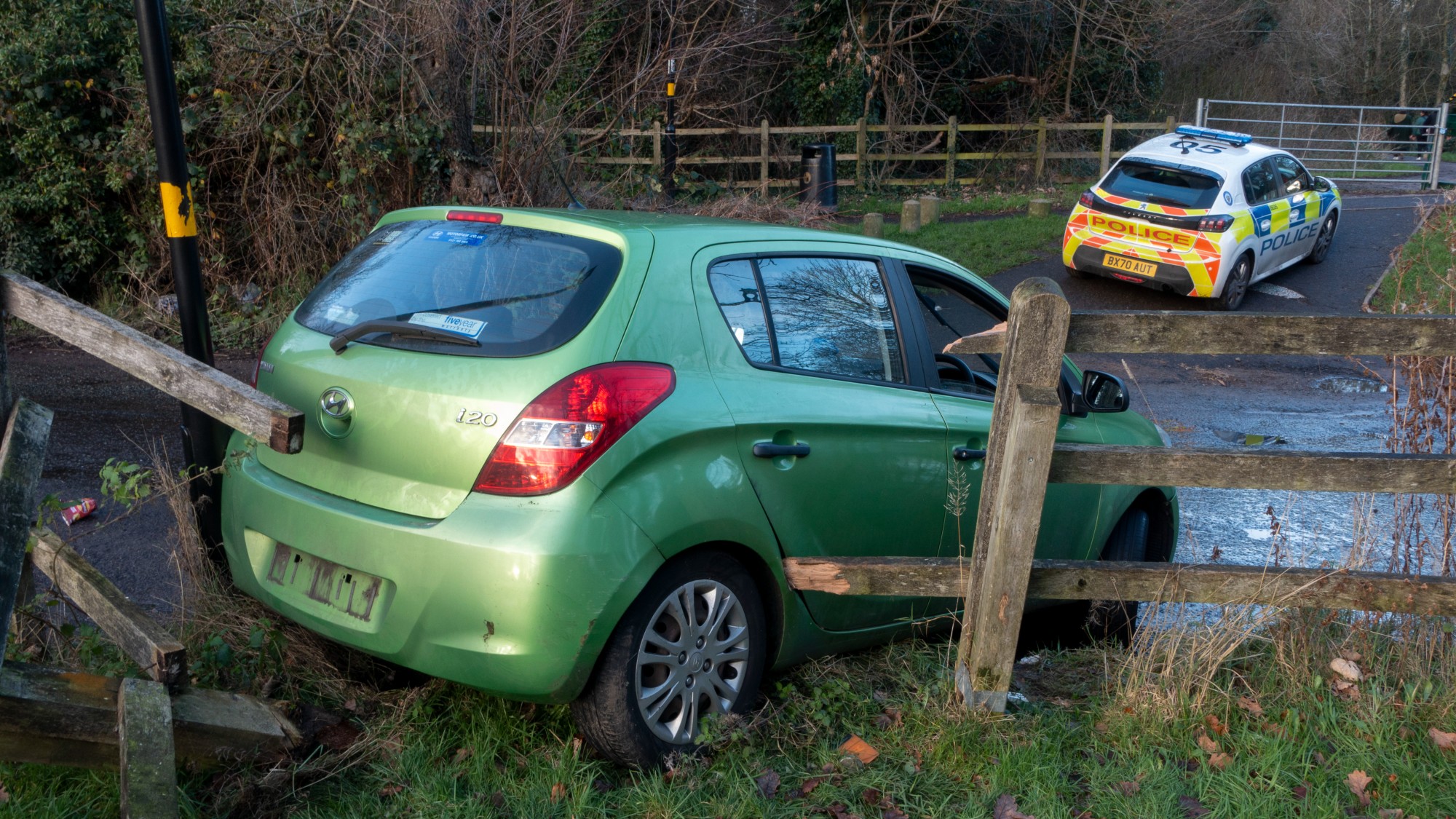
A free daily email with the biggest news stories of the day – and the best features from TheWeek.com
You are now subscribed
Your newsletter sign-up was successful
A lucrative illegal trade in cars and their parts has driven a 74% increase in the number of vehicles stolen in England and Wales over the past 10 years.
The cars will often be “soaked”, left in a location for two or three days, and end up in a “chop shop” but some will follow stolen mobile phones and be shipped abroad.
What happens to stolen cars?
Car thieves in the “intricate £1.8 billion-a-year web of crime normally take several steps to maximise profits and avoid arrest”, and the first is usually “soaking”, said the Daily Mail. After leaving the crime scene, the thieves will generally abandon the car for two or three days at a predetermined location, to check whether it’s been fitted with a tracker.
The Week
Escape your echo chamber. Get the facts behind the news, plus analysis from multiple perspectives.

Sign up for The Week's Free Newsletters
From our morning news briefing to a weekly Good News Newsletter, get the best of The Week delivered directly to your inbox.
From our morning news briefing to a weekly Good News Newsletter, get the best of The Week delivered directly to your inbox.
After that, they attach cloned number plates, which correspond to another car of the same make, model and colour, to avoid detection from automatic numberplate recognition system cameras.
Sometimes the car will be sold to drug dealers, armed robbers or gangsters. Or it might go to a so-called “chop shop”, where mechanics can “rapidly strip” the stolen car of lucrative parts, which “get sold on to unsuspecting consumers” who want to repair their own car.
The vehicles could also be shipped abroad. Stolen cars from the UK have been “found across the globe”, including in Russia, the Democratic Republic of the Congo, Eastern Europe, Dubai, Thailand and Cyprus.
What happens to stolen phones?
Headlines and social media posts about mobile phones being snatched on Oxford Street have worried Londoners and visitors alike. Earlier this month, the Metropolitan Police busted an international gang suspected of smuggling up to 40,000 stolen mobile phones from the UK to China over the past 12 months, said the BBC.
A free daily email with the biggest news stories of the day – and the best features from TheWeek.com
After the number of phones stolen in London almost tripled in the last four years, from 28,609 in 2020 to 80,588 in 2024, the Met discovered that street thieves were being paid up to £300 per handset. Stolen devices are being sold in China for up to £4,000 each, because they are “internet-enabled and more attractive for those trying to bypass censorship”.
What is being done about it?
The Met said personal robbery has decreased by 13% and theft is down 14% in London this year. Up to 80 more officers are joining the West End team to focus on offences such as phone robbery. But London Mayor Sadiq Khan said “coordinated global action” is needed to “shut down” the trade in stolen phones.
As for cars, the “days of hard-bitten detectives getting tip-offs from snouts over a pint” and then “raiding a seedy back-street garage” are “long gone”, said The Telegraph. Instead, police are turning to private companies staffed by former officers.
“We’re almost trying to alleviate the pressure on the police,” said Ahron Tolley from W4G. “I’m ex-police. We know the stresses and strains on the police in the UK to investigate crime.”
Chas Newkey-Burden has been part of The Week Digital team for more than a decade and a journalist for 25 years, starting out on the irreverent football weekly 90 Minutes, before moving to lifestyle magazines Loaded and Attitude. He was a columnist for The Big Issue and landed a world exclusive with David Beckham that became the weekly magazine’s bestselling issue. He now writes regularly for The Guardian, The Telegraph, The Independent, Metro, FourFourTwo and the i new site. He is also the author of a number of non-fiction books.
-
 Bad Bunny’s Super Bowl: A win for unity
Bad Bunny’s Super Bowl: A win for unityFeature The global superstar's halftime show was a celebration for everyone to enjoy
-
 Book reviews: ‘Bonfire of the Murdochs’ and ‘The Typewriter and the Guillotine’
Book reviews: ‘Bonfire of the Murdochs’ and ‘The Typewriter and the Guillotine’Feature New insights into the Murdoch family’s turmoil and a renowned journalist’s time in pre-World War II Paris
-
 Witkoff and Kushner tackle Ukraine, Iran in Geneva
Witkoff and Kushner tackle Ukraine, Iran in GenevaSpeed Read Steve Witkoff and Jared Kushner held negotiations aimed at securing a nuclear deal with Iran and an end to Russia’s war in Ukraine
-
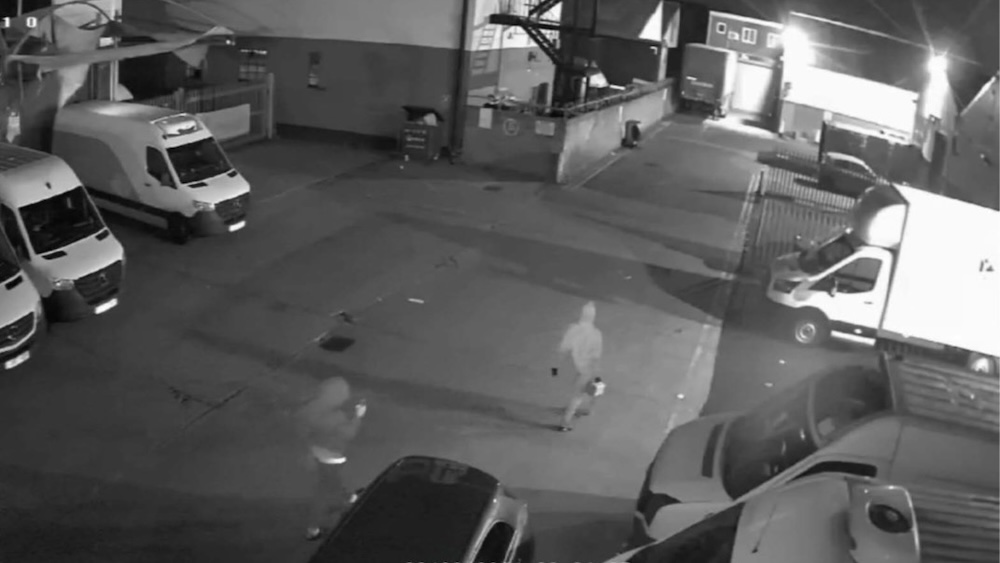 How did the Wagner Group recruit young British men for arson attack?
How did the Wagner Group recruit young British men for arson attack?Today's Big Question Russian operatives have been using encrypted messaging apps to groom saboteurs across Europe
-
 What to do if your phone is stolen
What to do if your phone is stolenThe Explainer An average of 180 phones is stolen every day in London, the 'phone-snatching capital of Europe'
-
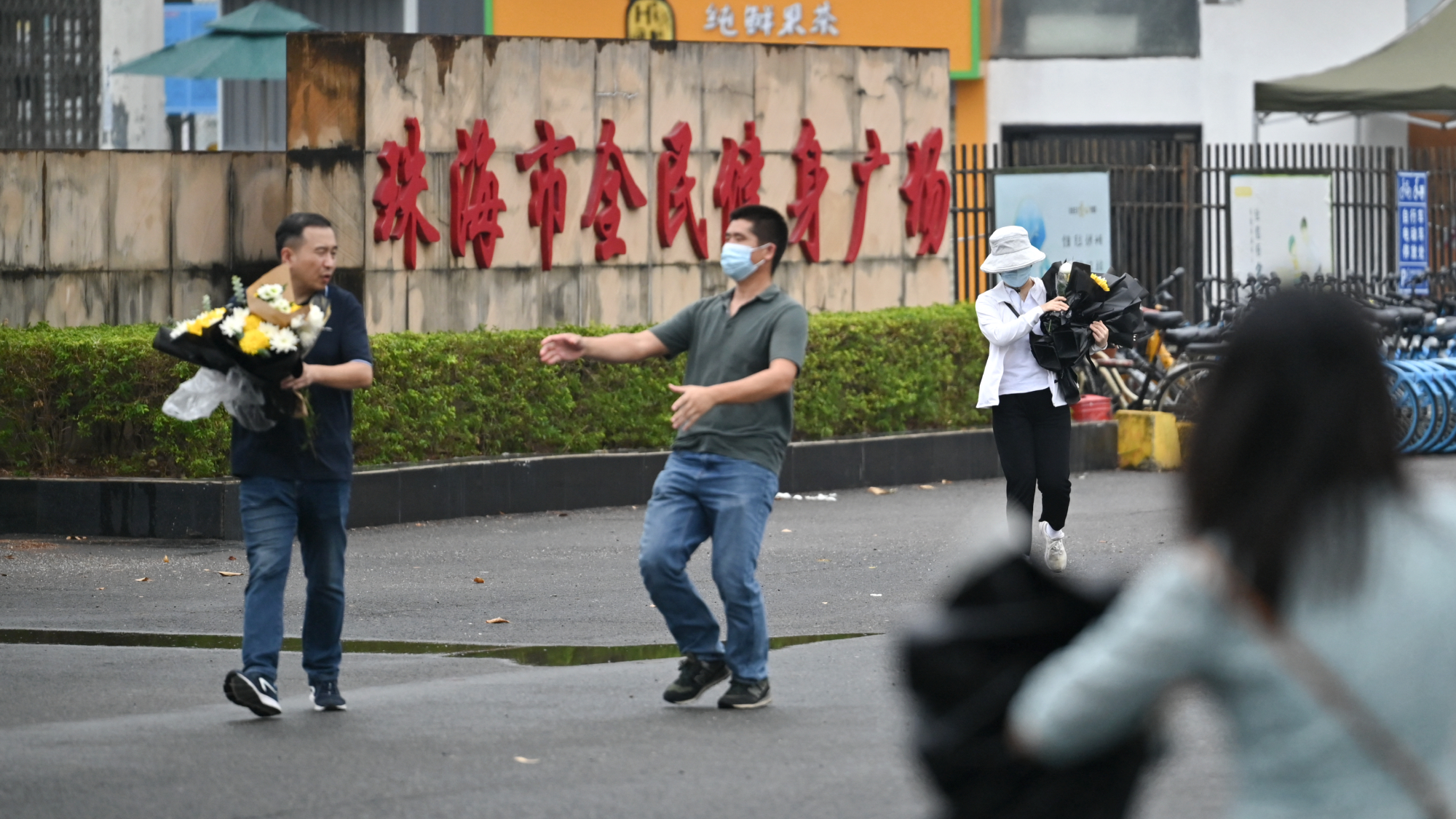 China tries to bury deadly car attack
China tries to bury deadly car attackSpeed Read An SUV drove into a crowd of people in Zhuhai, killing and injuring dozens — but news of the attack has been censored
-
 France arrests CEO of Telegram
France arrests CEO of TelegramSpeed Read Pavel Durov, the billionaire founder of the messaging app Telegram, was arrested as part of an ongoing judicial investigation
-
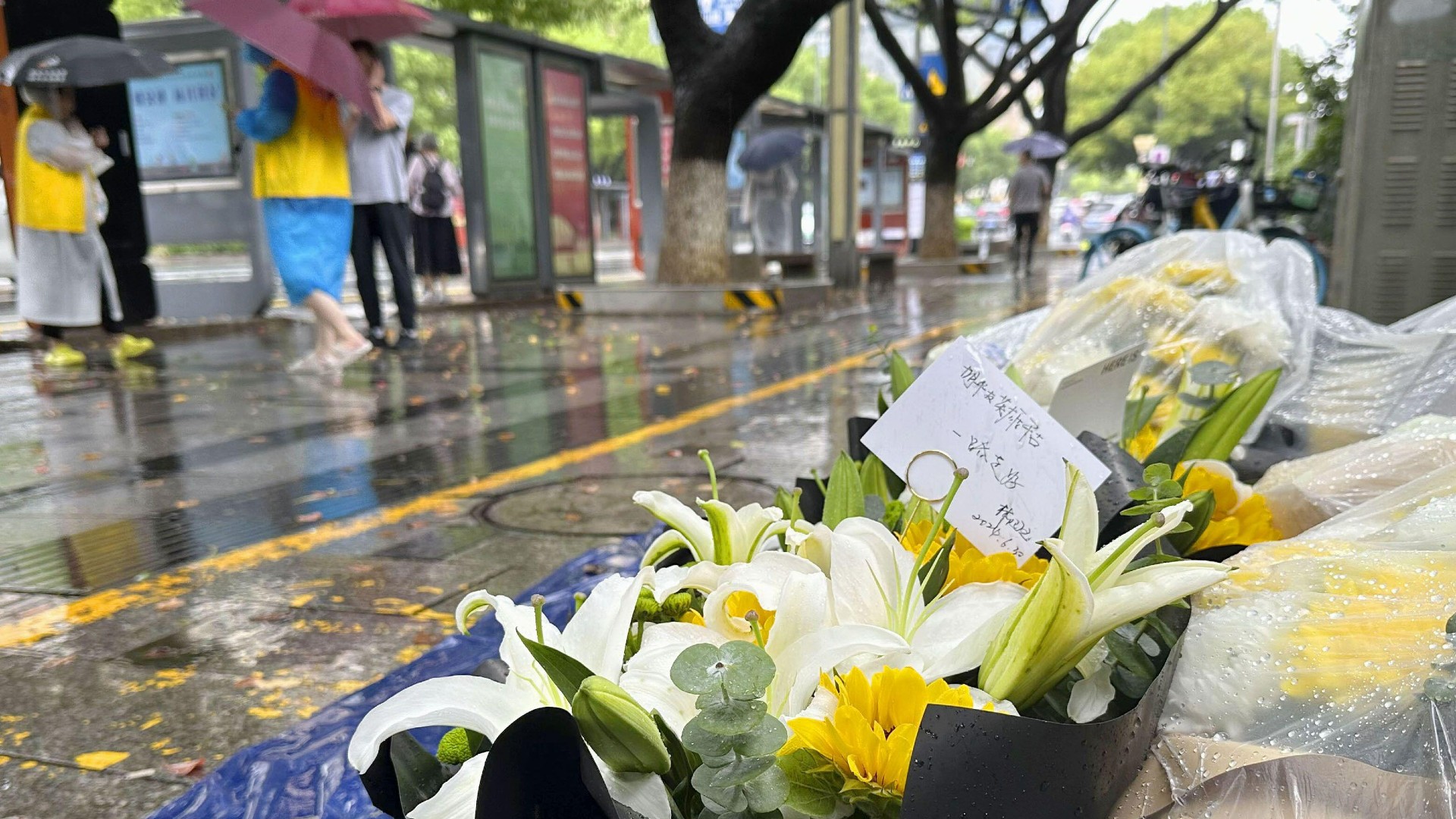 A bus stop tragedy and China's anti-Japanese rhetoric
A bus stop tragedy and China's anti-Japanese rhetoricTalking Point Suzhou attack described as the product of 'decades of hate education'
-
 Irish flight attendant breaks silence after 'distressing' Dubai charges dropped
Irish flight attendant breaks silence after 'distressing' Dubai charges droppedSpeed Read Tori Towey was charged with attempted suicide and consuming alcohol after being attacked in her home
-
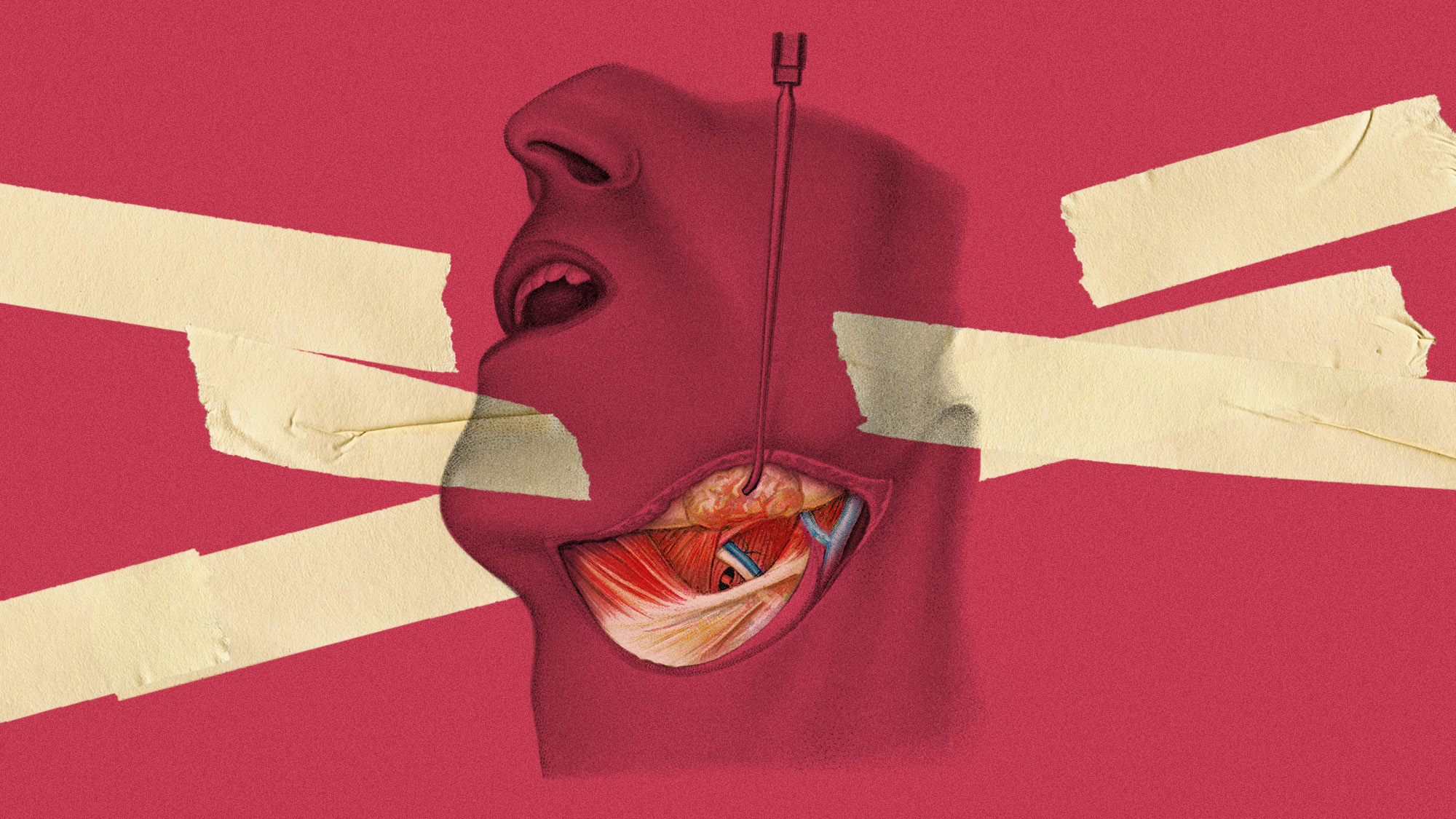 The secret hospitals offering criminals new faces in the Philippines
The secret hospitals offering criminals new faces in the PhilippinesUnder The Radar Two clinics suspected of giving plastic surgery to fugitives and scam centre workers expected to be shut down soon
-
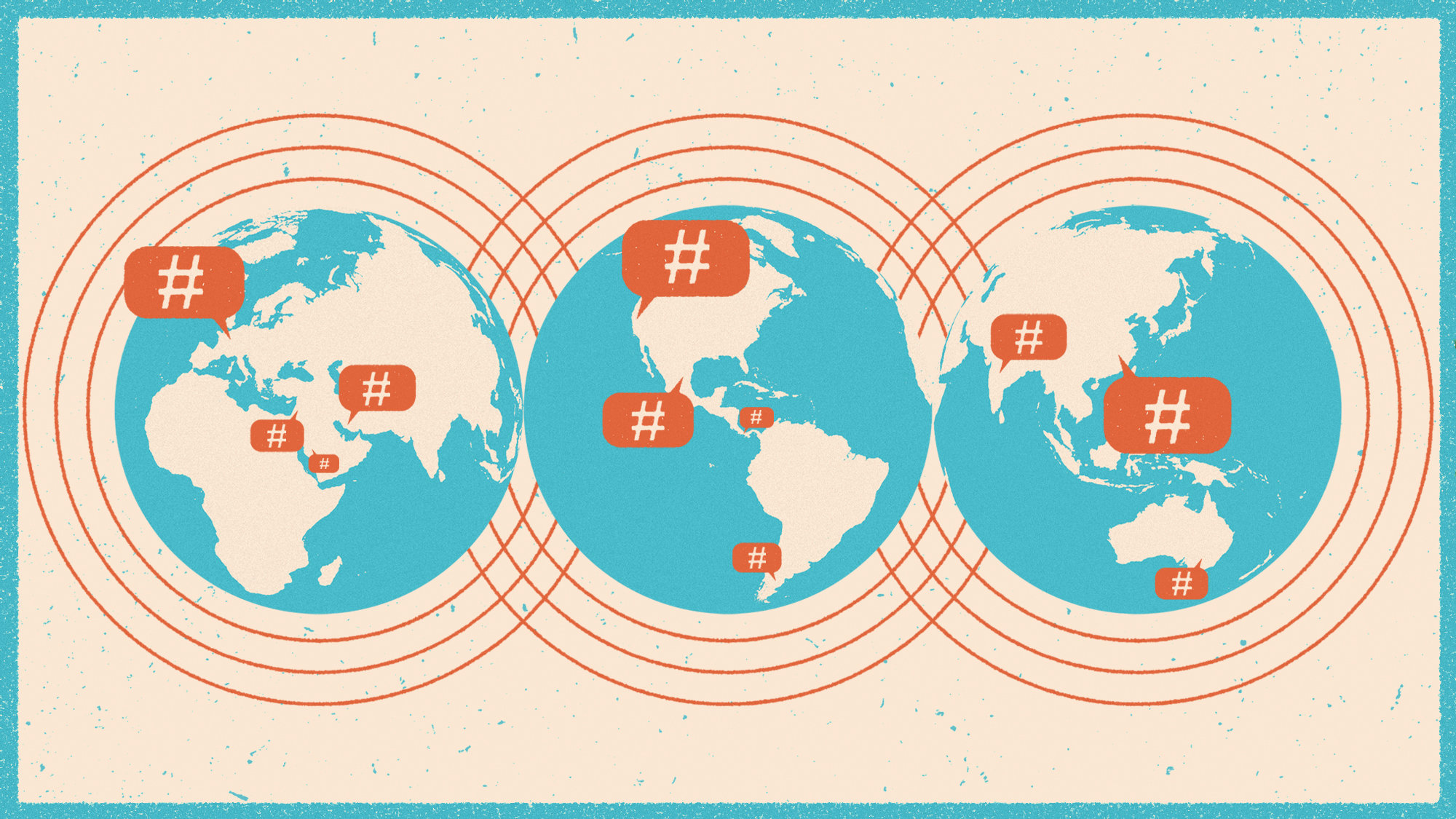 The #MeToo movements around the world
The #MeToo movements around the worldThe Explainer French men have been sharing stories of abuse in the latest calling out of sexual assault and harassment